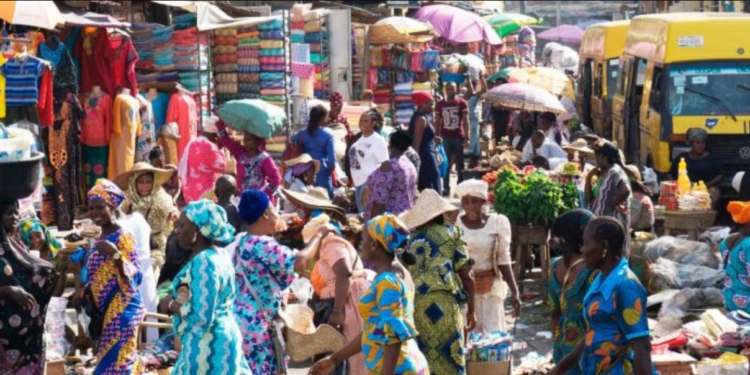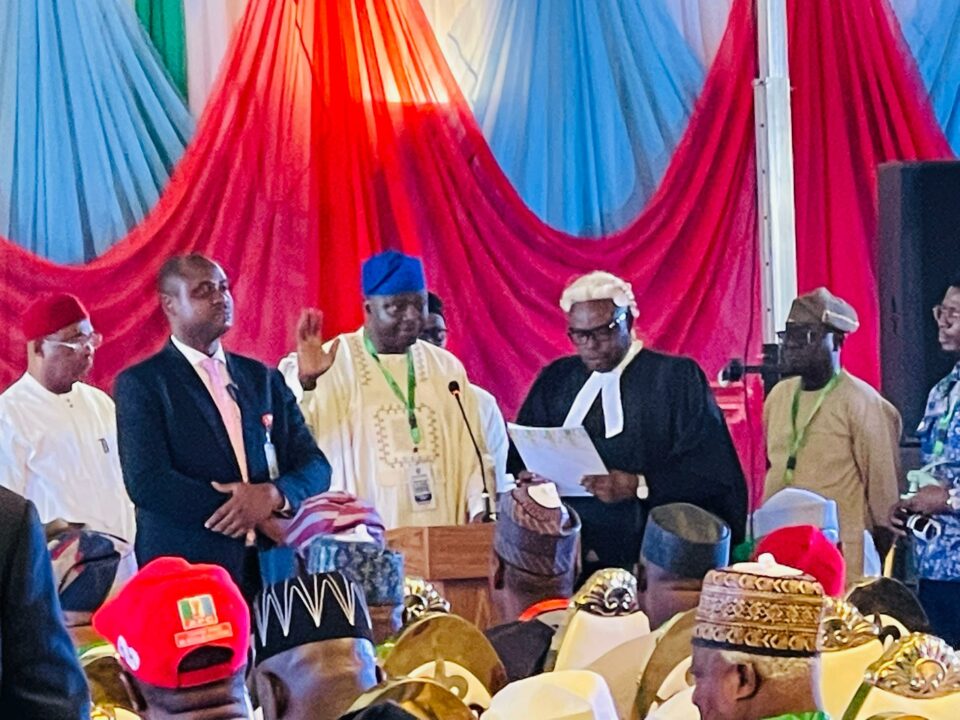Household spending in Nigeria has taken a nosedive—and it’s happening faster than most realize.
According to the latest “Nigerian Gross Domestic Product Report (Expenditure and Income Approach) Q1 and Q2 2024” released in July 2025 by the National Bureau of Statistics (NBS), real household consumption expenditure has been in free fall since Q3 2023.
In stark numbers:
- Household consumption declined by -42.28% in Q1 2024 and -61.18% in Q2 2024, compared to the same periods in 2023.
- Quarter-on-quarter, the decline was even worse: -45.71% in Q1 and an alarming -99.24% in Q2 2024.
This dramatic drop is among the key reasons multinationals are exiting Nigeria. With a weak naira and dollar-priced goods (including imported fuel), everyday Nigerians can barely afford basic commodities.
Why Is Household Consumption Collapsing?
The primary culprits are stagnant wages and soaring inflation.
To maintain sales, companies have resorted to shrinking product sizes—from 500g packs to 50g sachets—giving rise to the so-called “sachet economy.” But this only traps consumers further: unable to afford bulk purchases, they remain exposed to price volatility and inflation.
What Can Be Done? Four Policy Solutions:
1. Tackle Food Inflation
While allowing food imports has helped stabilize inflation temporarily, Nigeria must have a roadmap for transitioning to sustainable local food production. Food inflation is no longer just a monetary issue—it’s a security issue. Farmlands must be secured for production to resume and prices to fall.
2. Introduce a Tax Holiday for SMEs
Despite Nigeria’s low tax-to-GDP ratio, small businesses face multiple hidden taxes, including levies for signage, waste, and local government fees—many of which must be paid before earning revenue. A 90-day moratorium on all taxes and levies (formal and informal) could help businesses breathe and rebuild.
3. Fix Power or Offer Energy Rebates
Power expenses account for 30–40% of operating costs for SMEs. These are passed on to consumers, reducing demand. Government can offer a power rebate scheme where businesses receive up to 80% reimbursement on self-generated electricity, offset against VAT. This way, rebates are tied to actual production and help reduce costs sustainably.
4. Ease Interest Rates Over Time
With the CBN’s Monetary Policy Rate (MPR) at 27.5%, credit remains inaccessible for many businesses. While high rates are aimed at controlling inflation, they’re also strangling growth. The CBN should begin planning a gradual pivot toward lower rates to spur lending, revive output, and ultimately reduce inflation through increased supply.
Why Action Can’t Wait
An economy thrives when household spending drives firm revenue, which in turn fuels jobs, output, and affordability. If consumption stays this low, Nigeria could face a prolonged economic downturn requiring debt-financed stimulus to recover.
The solution? Act before costs spiral out of reach.
Stimulating consumption is not just a social need—it’s an economic imperative.





